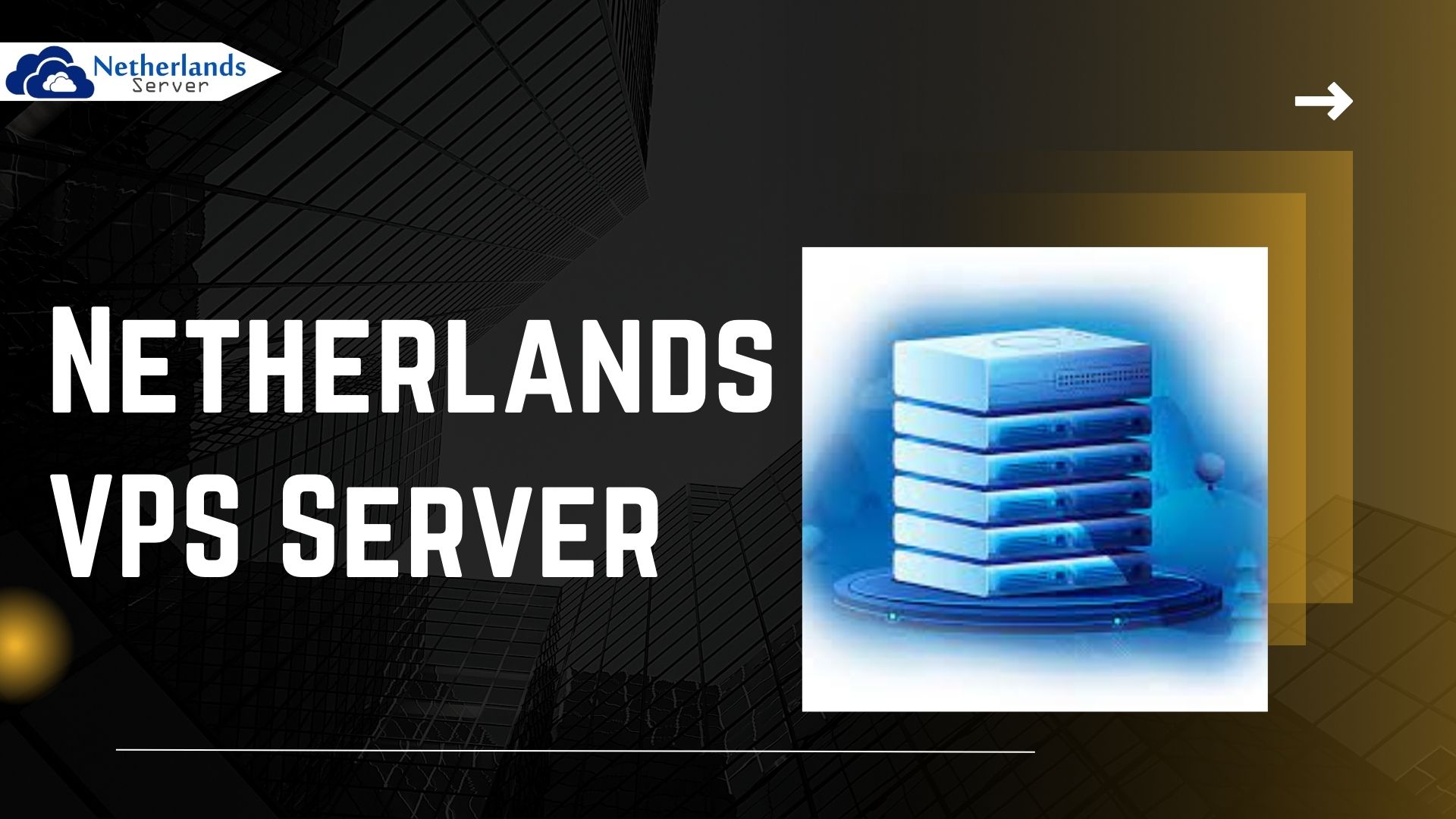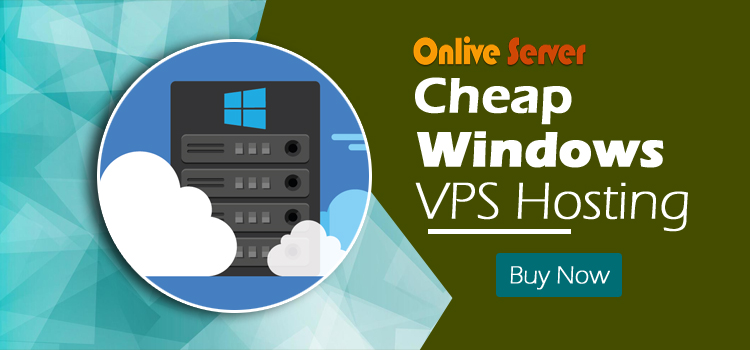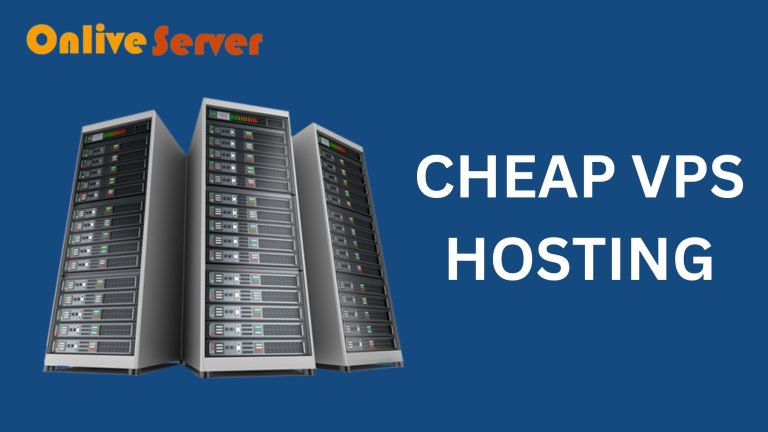Introduction to Netherlands VPS Server
In today’s digital age, having a robust online presence is essential for businesses and individuals alike. Websites are the face of companies, and their performance can significantly impact customer satisfaction and overall success. A vital aspect of ensuring an excellent website experience is choosing the right web hosting solution. One such powerful and flexible hosting option is the Netherlands VPS Server.
Understanding VPS (Virtual Private Server)
What is a VPS?
A Virtual Private Server (VPS) is a virtualized server within a physical server. It operates independently and acts like a dedicated server, offering users full control over their hosting environment without the cost and maintenance complexities associated with dedicated servers.
How does a VPS work?
A VPS works by using virtualization technology to create separate virtual machines on a single physical server. Each virtual machine operates independently with its own dedicated resources, including CPU, RAM, storage, and bandwidth.
Advantages of using a VPS
Using a VPS offers numerous advantages, including enhanced performance, better security, and scalability. It allows businesses to have a customizable environment tailored to their specific needs, making it an ideal hosting solution for websites with varying resource requirements.
Choosing a Reliable Cheap VPS Server Provider
When selecting a VPS Server provider, several factors come into play:
Factors to consider when selecting a VPS hosting provider
- Server Reliability: Ensure the provider has a track record of high uptime and minimal server outages.
- Customer Support: Opt for a provider with responsive and knowledgeable customer support available 24/7.
- Server Location: Choose a provider with data centers located in the Netherlands for low-latency and better performance.
- Scalability Options: Ensure the provider offers easy scalability options to accommodate future growth.
Features to look for in a Best VPS Server
- Root Access: Full administrative access to the server for complete control.
- SSD Storage: High-speed Solid State Drives (SSD) for improved data access and faster loading times.
- Bandwidth: Ample bandwidth to handle website traffic efficiently.
- Security Measures: Robust security features to protect against cyber threats.
Setting Up a Best VPS Server
Setting up a Best VPS Server is a straightforward process:
Step-by-step guide to setting up a VPS server
- Choose a Hosting Plan: Select a VPS plan that suits your resource requirements and budget.
- Operating System: Choose the desired operating system for your server, such as Linux or Windows.
- Server Configuration: Customize server settings, including CPU, RAM, and storage, as per your needs.
- Control Panel Installation: Install a user-friendly control panel like cPanel or Plesk for easy server management.
Configuring the server for optimal performance
- Software Updates: Regularly update software and security patches to keep the server secure.
- Firewall Setup: Configure a firewall to protect against unauthorized access and potential threats.
- Backup Solutions: Implement regular backups to safeguard data and facilitate disaster recovery.
Benefits of Using a Buy VPS Server
Using a Buy VPS Server offers a wide range of benefits, including:
Improved website performance and loading speed
With dedicated resources and SSD storage, a VPS ensures faster loading times, reducing bounce rates and improving user experience.
Enhanced security and data privacy
The isolated nature of VPS hosting minimizes security risks, providing a secure environment for hosting sensitive data.
Scalability and resource management
As websites grow, resource requirements increase. VPS hosting allows seamless scalability, ensuring smooth operations during traffic spikes.
Best Practices for Managing a Best VPS Server
To get the most out of a Netherlands VPS Server, follow these best practices:
Regular backups and data protection
Create regular backups of your data to prevent data loss in case of hardware failures or accidental deletions.
Monitoring server performance and resource usage
Keep a close eye on server performance metrics to identify and address any resource bottlenecks proactively.
Updating software and security patches
Stay on top of software updates and security patches to protect your server from vulnerabilities.
Comparison with other Hosting Options
Shared Hosting vs. VPS Hosting
Shared hosting is more budget-friendly but offers limited resources and performance compared to VPS hosting.
Dedicated Server vs. VPS Server
Dedicated servers are fully dedicated to one user, while VPS servers offer similar control at a lower cost.
Cloud Hosting vs. VPS Hosting
Cloud hosting provides scalability, but a VPS offers more predictable resource allocation and performance.
Cost-Effective Solutions for Small Businesses
For small businesses, a Netherlands VPS Server offers an excellent balance of cost-effectiveness and performance.
Future Trends in VPS Hosting Technology
The future of VPS hosting looks promising, with advancements in virtualization technology leading to even better performance and efficiency.
Conclusion
Choosing a Best VPS Server for your hosting needs can significantly impact your online presence. With its performance, security, and scalability advantages, a VPS provides the perfect balance for websites of all sizes. Take the time to select a reliable provider and follow best practices for managing your VPS server to ensure a seamless and rewarding hosting experience.
FAQs
1. Is a VPS server suitable for beginners?
Yes, many VPS providers offer user-friendly interfaces and customer support to help beginners navigate the hosting environment.
2. Can I upgrade my VPS plan as my website grows?
Absolutely! VPS hosting allows easy scalability, enabling you to upgrade your plan as your website’s resource demands
3. How do I back up my data on a Netherlands VPS server?
You can back up your data manually or use automated backup solutions provided by your VPS hosting provider.
4. Can I host multiple websites on a single Netherlands VPS server?
Yes, you can host multiple websites on a VPS server by configuring virtual hosts and domain settings.
5. Is technical knowledge required to manage a VPS server?
While technical knowledge is beneficial, many VPS providers offer user-friendly control panels that make server management more accessible for beginners.







